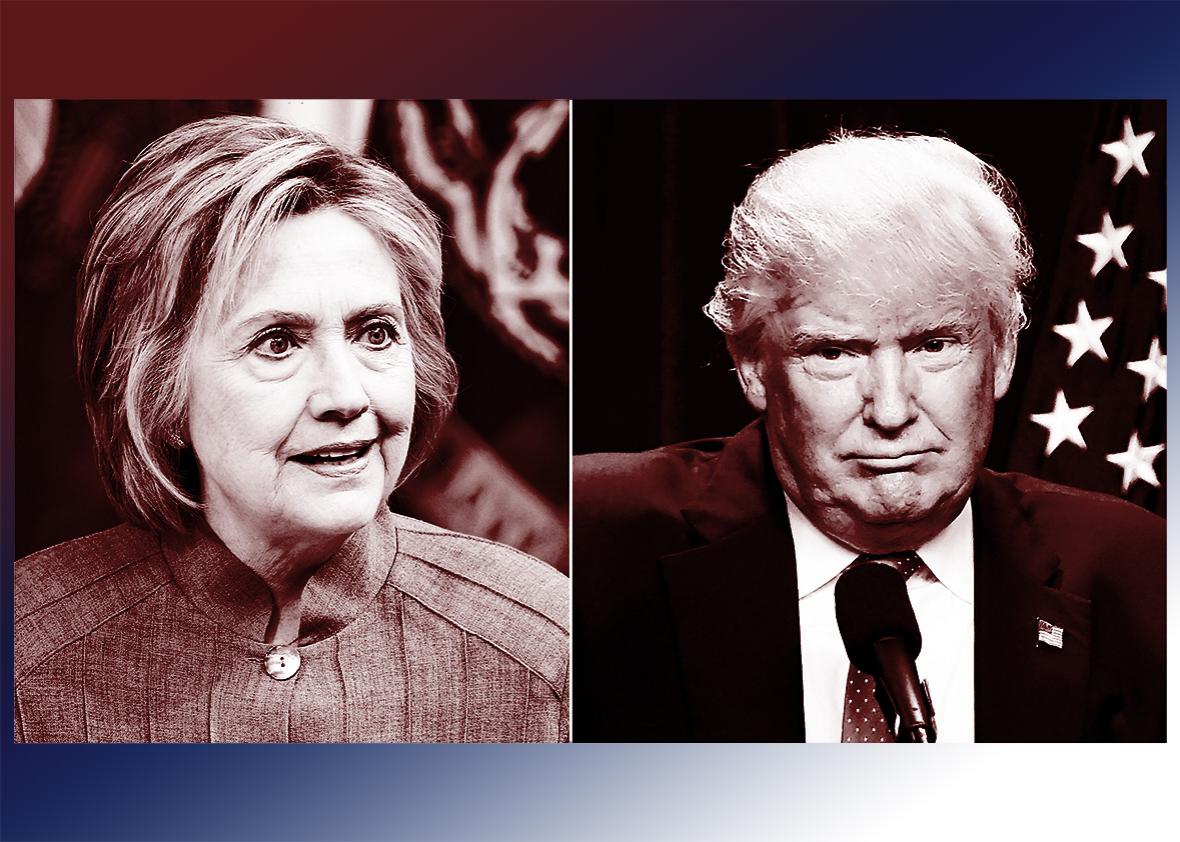Now that the conventions are over, in the next few days Hillary Clinton and Donald Trump will each be offered a classified intelligence briefing. Some Republicans charge that Clinton shouldn’t get one because of her misuse of email. Some Democrats say that Trump shouldn’t get one because of his indiscipline and possible Russian ties. Sen. Harry Reid even urged intelligence officials to give Trump a “fake” briefing if he asked for one.
The fact is neither side has much to worry about. Even if Clinton put a transcript of the briefing on her personal server or Trump repeated every word of it to Vladimir Putin himself, little harm would be done.
That’s because, according to former senior intelligence officials who have helped prepare them in the past, these briefings contain no material classified higher than Secret. And, as anyone familiar with such matters knows, nothing very sensitive is revealed in documents marked Confidential or Secret.
Retired Air Force Gen. Michael Hayden, former director of the CIA and the NSA, told me in an email that these briefings are “very generalized treatments” designed to give nominees a broad-brush view of the global threats as the intelligence community sees them. Hayden and three other former senior intelligence officials said that, as a matter of policy, these briefings contain no details about ongoing military or intelligence operations. The director of national intelligence, currently James Clapper, prepares the briefings, though the president can set further limits on what they can and cannot reveal.
In the 2008 election, Barack Obama and John McCain were members of Senate committees that routinely received classified material. For that reason, their briefings were held at a level of Top Secret. Yet even so, President George W. Bush instructed then–Director of National Intelligence Mike McConnell not to reveal anything about operations in Iraq and Afghanistan.
Bush also told McConnell that, while briefing Obama, he should brief only Obama. This was in keeping with another rule about these briefings: The nominee’s aides cannot attend them unless they already have security clearances. One former senior intelligence official said in an email, “The pre-election secret clearance for the two persons running for office is inferred by virtue of a major party having nominated them as their candidates. Staff members have to earn a clearance the old-fashioned way.”
Generally, these former intelligence officials say, the party’s nominees accept the offer of one briefing and sometimes ask for one more—though they’re not obligated to receive any. One nominee’s briefing is identical to the other nominee’s briefing. The intelligence community, one former senior official said, “will assiduously avoid offering something different to one candidate over the other.” A nominee is also allowed to ask for a briefing on a specific topic. If this happens, the other nominee will be offered the same briefing, with no explanation of why it’s being offered—that is, with no disclosure that the other candidate expressed an interest in the subject.
Things change dramatically after the election. Though his or her aides will still have to undergo a security review before they can see classified information, the president-elect starts getting the same daily intelligence briefing that the president receives. He or she can then gain access to the most top-top-secret secrets in the land. When you win the presidency, you get everything.
